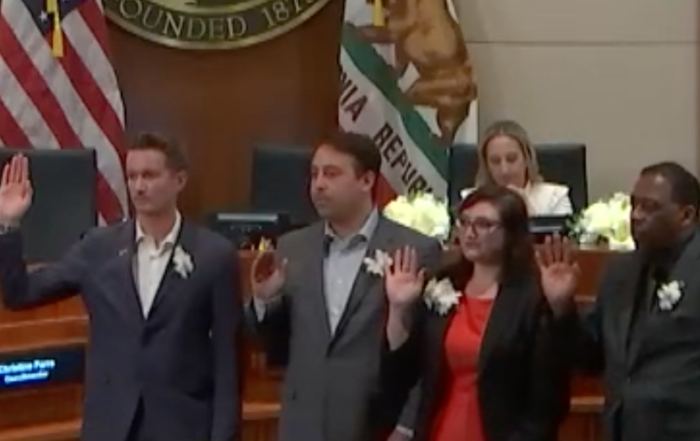In January, the West Hollywood City Council, following an RFP process, contracted with Great Lakes Marketing Research to survey resident satisfaction among those living in 16 designated affordable housing communities.
Great Lakes sent out 382 surveys, with 17 residents responding online and 96 by mail, for a total of 114 responses (a respectable return rate of 30 percent).
On Monday evening, city staff presented the survey’s findings to the city council. Some of the key findings included:
- Approximately 25 percent have concerns about the safety and security of their building, with 30 percent feeling uneasy about the safety of their neighborhood
- Over 50 percent have had a particular issue with their apartment or building in the last six months. Among the identified problems were:
- Unsafe conditions due to maintenance
- Smoking occurring in non-smoking areas
- Broken gates or key fobs
- Broken appliances
- Unsafe sidewalks
- Bugs or other pests
- Broken or unsafe elevators
- Over 25 percent feel policies and rules are not enforced fairly
- Over 50 percent see the cost of living as challenging
- 18 percent of residents said they needed legal assistance, though it’s unclear if that is regarding tenant/landlord issues
- 62 percent said they are happy with their building manager and staff
West Hollywood resident Dan Harrington-Tyrell, citing that the survey was born of a 20-year-old work study and needs assessment commissioned by the city, called the current survey “a failure of problem-solving.” He added, “All I’ve seen with the surveys is we’ve got an ongoing unsolvable moral emergency, which leads to more funding of problems.” He concluded essentially that while surveys lead to problems being funded, they seem to remain pervasive. Further, he says the promise of more money “just propels people to seek more emergencies.”
Another resident, Cathy Blaivas, argued many residents in designated affordable housing are afraid to come forward to answer a survey – even anonymously – for fear of reprisal from building management. She says more one-on-one interaction with residents in these buildings is a stronger solution to encourage them to come forward and report problems.
“I think it will be important for staff to go through the open-ended data by building to get a feel for what some of the issues are,” said Councilmember Lauren Meister. She went on to reiterate what the top problems were identified for each question category to illustrate to staff that the city should collectively know at least where to start.
Meister also recommended that the city consider identifying an ombudsman that residents can turn to to safely report problems or complaints.
Councilmember Chelsea Byers inquired whether the specific public safety and social services requests that residents made during the survey would receive any follow-up. Rent Stabilization Manager Jonathan Holub assured her that staff plans to follow up with each of the 16 properties.
“Will that follow-up come back to us with an update about how it went and what else was learned?” Byers then asked Holub, who said his department could certainly do so if that was her request. She said it would be helpful, and stated that as the follow-up occurs, “We close the conversation at some point.”
Given Ms. Blaivas’s comments, Councilmember John Heilman emphasized that a 30 percent response rate “is a very significant response rate.” He suspected that if the city had something to compare the survey to – a survey among market-rate renters, for example – they would likely hear some of the same responses.
“Residents in my condo [building] have these issues and would say the same thing,” said Heilman. He said the safety and building management issues particularly strike him.
Perhaps seconding Meister’s call for an ombudsman, Mayor Pro Tem John Erickson said, “Any avenue we can go to create a neutral third party – the city not being involved; management not being involved – for complaints to be lodged…is a way we can continue to empower residents who feel or may need to have that ability, and I feel it also keeps management companies in check with ensuring compliance is done because they want to make sure that complaint line remains empty.”
Mayor Sepi Shyne seconded Byer’s call for a report back from Rent Stabilization and also supports an independent third party renters can turn to for assistance and complaints. She also suggested that if some of what’s being discussed is implemented, perhaps another survey should be conducted to assess any improvement.
Photo image by zimmytws
Stay informed. Sign up for The Westside Voice Newsletter
By clicking submit, you agree to share your email address with Westside Voice. We do not sell or share your information with anyone.








